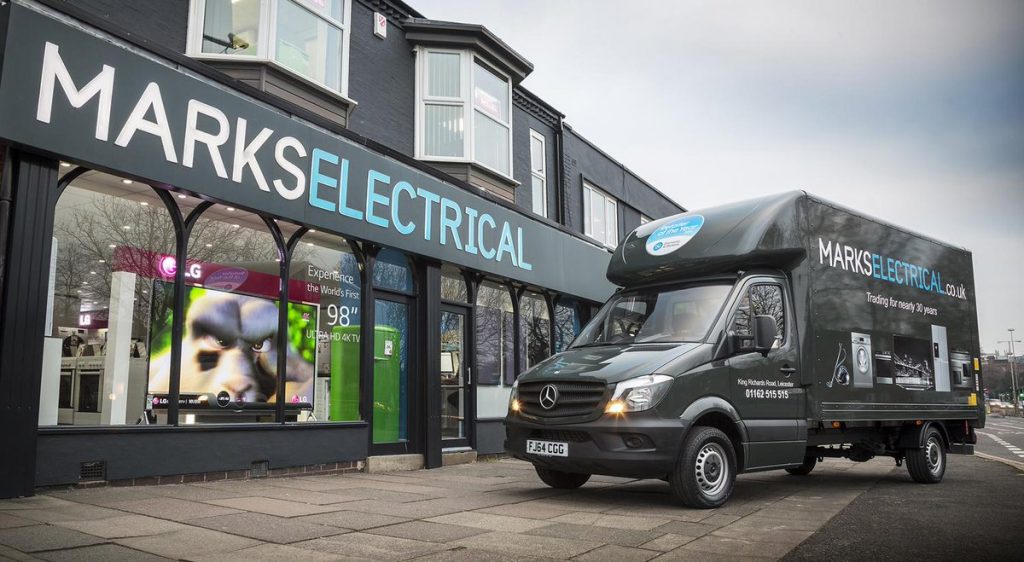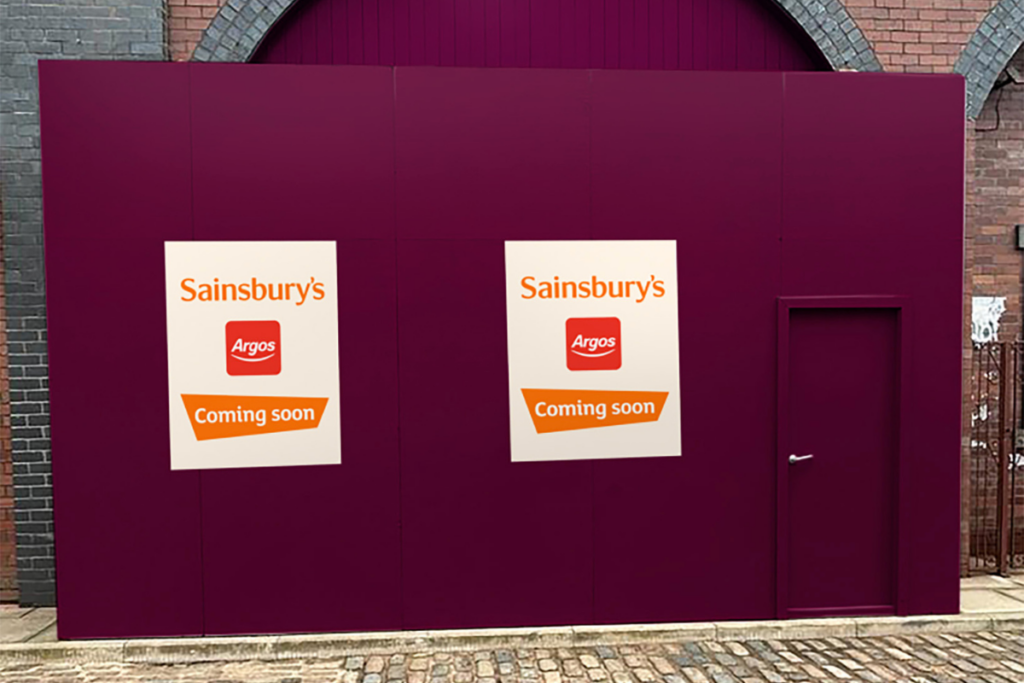Morrisons have reacted to Sainsbury‘s recent announcement that one of their superstores is off the National Grid and now powered entirely by their own food waste.
The Sainsbury‘s Staffordshire branch is connected to a nearby anaerobic digestion plant via a 1.5km cable. Food waste is converted into bio methane gas which is then used to generate electricity.
Supermarkets are under ever-increasing pressure to improve sustainability and Morrisons have been keen to point out that it is not just Sainsbury‘s who are pioneers in the departments of energy and food wastage.
“As a manufacturer and retailer we have developed systems for preventing food waste”, said Catherine Walker, corporate communications adviser at Morrisons.
Buying directly from primary meat and produce farmers and suppliers in the UK, and the fact that Morrisons buy whole animals and try to process whole crops were just a few reasons given for how the company keep control of wastage.
Walker went on to add: “Morrisons continues to invest in renewable energy, investing in roof mounted solar panels at cold storage sites and solar photovoltaic arrays to our new stores where appropriate.”
Morrisons‘ energy ideas of a similar ilk to Sainsbury‘s food waste project include using the reclaimed heat of refrigeration units and a ground source heat pump which is currently on trial at their Swindon, Dorcan Way store.
“Following the success of this trial we intend to install a full load ground source heating system at one of our new store developments to replace the need for conventional gas boilers” said Walker. “Our target is to reduce operational emissions by 30 per cent by 2020 and we have already achieved 24.2 per cent reduction since 2005.”
Whilst they may not boast such headline grabbing initiatives as Sainsbury‘s‘ food waste-powered store, it is clear Morrisons are certainly taking the drive for renewable energy very seriously.

















